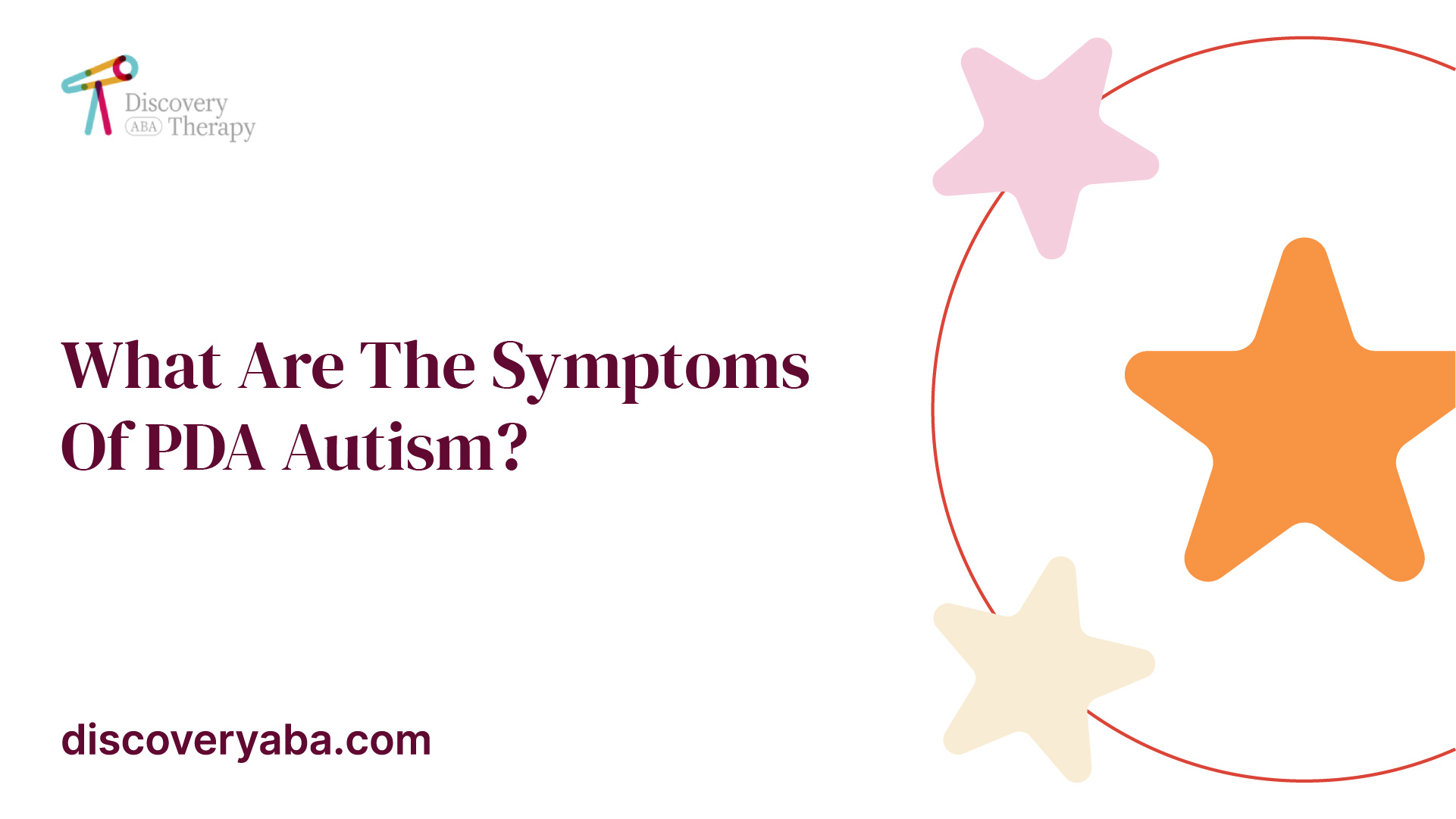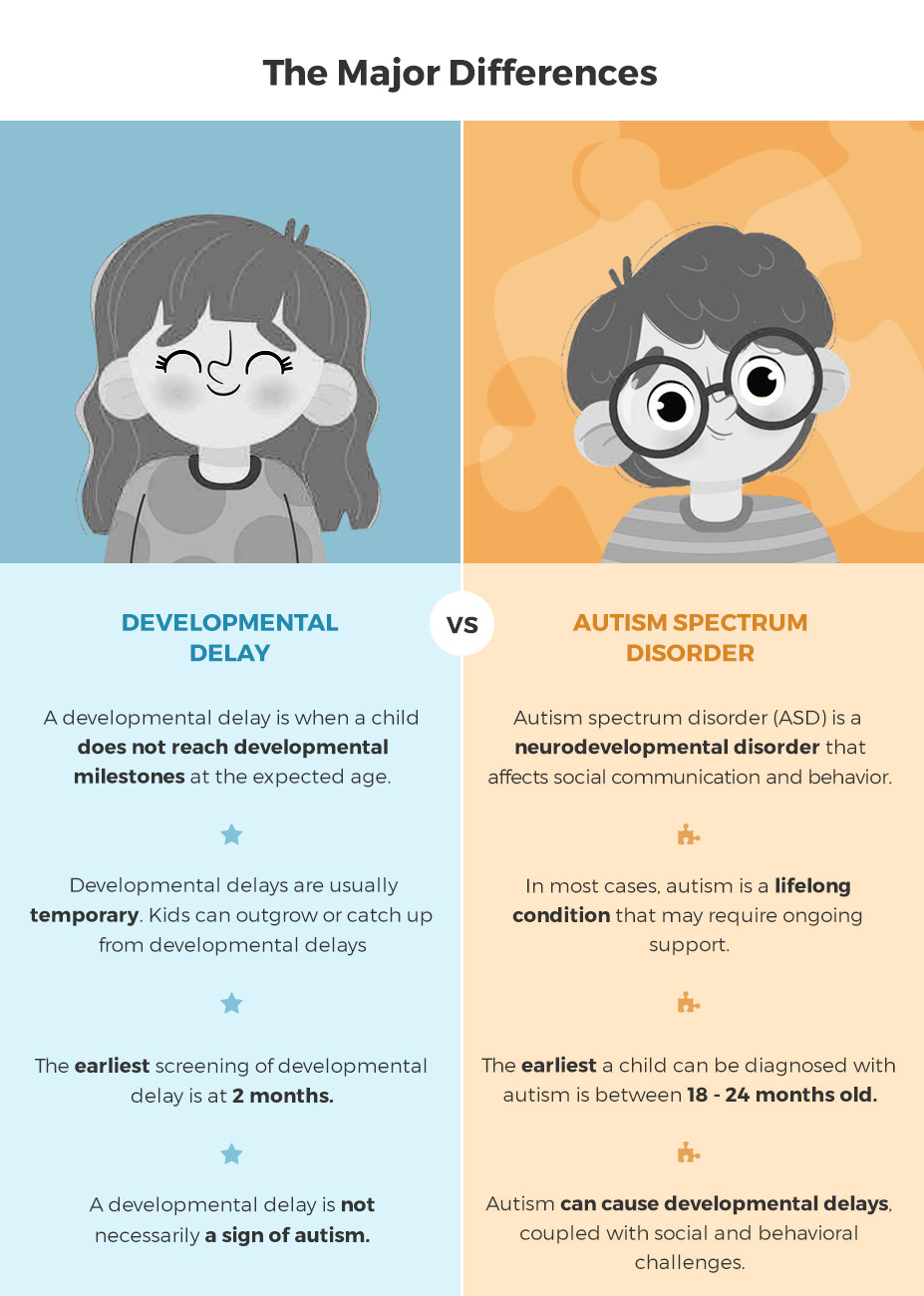5 ways Autism Behavioral Therapy techniques ease transitions
Wiki Article
Understanding the Influence of Behavioral Autism on Every Day Life and Social Interactions
You could not recognize just how deeply behavior autism impacts life and social communications. Individuals on the spectrum typically navigate a world filled up with communication obstacles and sensory overload. These difficulties can result in irritation and isolation, impacting their partnerships and total wellness. Comprehending these subtleties is essential for promoting helpful settings. What strategies can we apply to develop even more inclusive rooms and significant connections? The solutions could shock you.Defining Behavior Autism and Its Qualities
Behavior autism, usually referred to as autism spectrum disorder (ASD), includes a variety of problems characterized by obstacles in social interaction, communication, and repetitive actions. You may see that people with ASD usually struggle to interpret social hints, which can cause misconceptions in discussions. They might find it hard to develop eye contact or involve in small talk, making social scenarios really feel frustrating.Interaction troubles can manifest in various methods, from postponed speech development to a preference for utilizing less words. Recurring behaviors, such as hand-flapping or rocking, can function as coping mechanisms to manage stress or sensory overload. These characteristics can greatly influence day-to-day life, making it essential for you to understand and support those with ASD. By acknowledging these attributes, you can cultivate an atmosphere that promotes acceptance and motivates reliable communication, assisting individuals with autism flourish in their day-to-day interactions.
The Spectrum of Autism: Recognizing Irregularity in Habits
Autism range problem (ASD) isn't a one-size-fits-all medical diagnosis; it differs commonly amongst people. You might run into people who are highly verbal and engage conveniently in discussions, while others may like solitary activities or communicate non-verbally.Furthermore, the means individuals with ASD react to sensory input can vary significantly; some may be bewildered by intense lights or loud sounds, whereas others prosper in promoting atmospheres. The range also consists of distinctions in social communications; some individuals may battle to analyze social cues, while others browse social settings with family member ease. Recognizing this variability is important, as it aids you value each individual's unique experience and dressmaker support to their details requirements, promoting a more comprehensive atmosphere for everyone.
Interaction Obstacles Faced by Individuals With Autism
When you interact with individuals on the autism spectrum, you might see their unique interaction difficulties. They usually deal with problems with both verbal and nonverbal cues, which can impact their social communications. Recognizing these obstacles is vital for promoting much better connections and assistance.
Verbal Interaction Difficulties
Many individuals on the autism spectrum experience verbal communication troubles that can considerably affect their everyday communications. Your pace, tone, or volume might not line up with social assumptions, causing others to misunderstand your objectives. Acknowledging these obstacles can assist you and your assistance network establish approaches to enhance interaction and promote far better connections with others in your daily life.Nonverbal Communication Obstacles
Verbal communication isn't the only challenge individuals on the autism range face; nonverbal communication barriers can be simply as significant. You could find it challenging to analyze body language, face expressions, and eye call, which are essential for effective communication. These challenges can cause misconceptions or misinterpretations of social hints, making communications feel overwhelming or complicated. You might have a hard time to express your very own emotions with nonverbal means, leaving others unsure of your feelings or intentions. This separate can develop sensations of isolation and stress. Identifying these barriers is important for cultivating understanding and compassion in your communications. By attending to nonverbal communication, you can find techniques to improve your social experiences and enhance your total lifestyle.Social Interaction Influences
Social communications can frequently feel frustrating due to the unique communication challenges dealt with by people with autism. You might deal with translating social signs, making it difficult to comprehend mockery or body language. This can result in misunderstandings or uncomfortable minutes in discussions. Additionally, launching and preserving discussions might feel tough, creating stress and anxiety in social circumstances. You might favor organized environments, making spontaneous interactions unpleasant. It's also common to experience difficulty in involving in tiny talk, which can hinder creating new relationships. Identifying these challenges can aid you discover methods to boost communication, such as exercising social abilities in risk-free setups or utilizing aesthetic aids - Aba Therapist Near Me. Comprehending your requirements allows you to navigate social interactions with higher confidence and convenience.Social Communication and Connection Building in Autism
While structure relationships can be testing for individuals with autism, recognizing their unique point of views and communication styles can cultivate purposeful links. You might discover that many individuals on the spectrum favor direct communication and may fight with social cues or small talk. By being uncomplicated in your communications, you can aid create an environment where they really feel comfortable.Make the effort to pay attention and observe exactly how they express themselves. This insight can guide you in steering conversations better. Participating in shared interests can likewise function as a bridge to deeper links. Whether it's a leisure activity, a favorite show, or a shared interest, these usual strings can open doors to relationship.
Daily Life Regimen: Navigating Difficulties and Approaches
Navigating day-to-day live routines can be especially testing for people with autism, specifically when unanticipated adjustments occur. You might discover convenience in having an organized timetable, as it aids you expect what's following. When disruptions take place, it's typical to feel overwhelmed or anxious. To navigate these obstacles, take into consideration executing aesthetic schedules or lists. These devices can provide clarity and confidence.Establishing a routine that includes sensory breaks can additionally be valuable. This aids create an understanding setting.
Last but not least, technique mindfulness techniques to manage tension and anxiousness. Easy breathing exercises or grounding strategies can make a significant difference. By integrating these techniques, you can boost your day-to-day routine and lessen disruptions, making life really feel extra manageable.
Toughness and Abilities of People on the Autism Range
Recognizing life routines is just one aspect of the autism experience. Many people on the autism range have remarkable staminas and capabilities that establish them apart. You could find that your focus to information is remarkable, enabling you to master jobs that require accuracy and emphasis. Your capability to assume outside package can result in innovative services in different circumstances.Additionally, your memory skills often shine, particularly in locations of interest. Aba Therapist Near Me. This knack for advice maintaining info can make you a useful source in fields like innovation, science, or art. You might also display strong visual thinking, allowing you to envision intricate principles and fix issues creatively
Additionally, your distinct perspective on the world can promote compassion and understanding in others, enriching social communications. Embracing these staminas not just you can try this out enhances your self-confidence yet likewise helps others appreciate the diverse talents you give the table.
Developing Inclusive Atmospheres for People With Autism
Producing comprehensive settings for individuals with autism starts with creating sensory-friendly spaces that deal with their distinct demands. You can likewise foster possibilities for social interaction, helping to construct connections and friendships. By making these changes, you'll add to a more inviting ambience for every person.Creating Sensory-Friendly Spaces
While creating sensory-friendly rooms, it's important to reflect on the special requirements of people with autism. Include quiet zones where individuals can recharge and pull back when overwhelmed. Include visual schedules or clear signage to aid people browse the area with confidence.Advertising Social Interaction Opportunities
Designing sensory-friendly rooms not just addresses private convenience however also establishes the phase for significant social communications among individuals with autism. Urge peer mentoring, coupling individuals with autism with encouraging peers who can direct them through social situations. By implementing these techniques, you can improve social possibilities, helping people with autism construct friendships and strengthen their social abilities in a safe, welcoming setting.
Often Asked Questions
Just How Can Pals Support Somebody With Behavioral Autism?
You can support a buddy with behavior autism by holding your horses, listening proactively, and valuing their limits. Take part in tasks they enjoy, communicate freely, and produce a comfortable atmosphere where they feel valued and understood.What Resources Are Available for Parents of Children With Autism?
You can discover different sources for moms and dads of kids with autism, consisting of support system, instructional sites, and neighborhood social work. Linking with various other parents can additionally supply important insights and shared experiences to assist browse challenges.
Can Behavioral Autism Adjustment In Time?

Yes, behavioral autism can transform gradually. You might notice changes in communication, social Resources skills, and habits as your child expands. Early intervention and assistance usually play crucial duties in these developmental modifications.
How Do Sensory Sensitivities Influence Day-to-day Live?
Sensory sensitivities can make day-to-day experiences frustrating. You might battle with loud noises or brilliant lights, causing tension or evasion. Discovering settings that accommodate your demands can significantly boost your comfort and overall every day life.What Are Usual Misconceptions Regarding Behavioral Autism?
You might assume behavior autism just affects interaction skills, yet it's more facility. Numerous presume people do not have compassion or intelligence, which isn't true. Understanding these mistaken beliefs helps foster acceptance and support for those on the range.Behavioral autism, frequently referred to as autism range disorder (ASD), incorporates a variety of conditions defined by difficulties in social interaction, communication, and repeated behaviors.Social interactions can frequently feel frustrating due to the unique communication difficulties encountered by individuals with autism.Creating sensory-friendly rooms not just addresses private comfort but additionally establishes the stage for meaningful social interactions amongst people with autism. Urge peer mentoring, combining people with autism with supportive peers that can lead them with social circumstances. By executing these techniques, you can enhance social possibilities, assisting individuals with autism build relationships and enhance their social skills in a safe, inviting atmosphere.
Report this wiki page